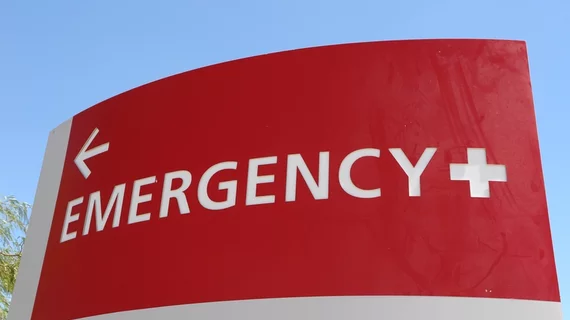Machine learning-based risk standardization can impact variation in CT use and emergency physician profiling. Additionally, it may accurately assess physician imaging performance and improve emergency care value, according to research published July 5 in the American Journal of Roentgenology.
Led by Richard Taylor, MD, from the department of emergency medicine at Yale University, researchers used EHR data to profile the use of condition-specific, machine learning risk-standardized imaging by emergency physicians from a single healthcare system.
The researchers analyzed CT utilization in four emergency departments. Seven clinical cohorts were created based on the presence or absence of traumatic indication for the most frequently performed CT studies, the researchers wrote.
Taylor and colleagues found that for the seven cohorts, 70 to 88 physicians ordered more than 25 CT studies for a single indication. Emergency department visits for each cohort ranged from 17,458 to 117,489, and risk standardization resulted in persistently reduced variation for all indications.
Risk standardization also resulted in reclassification by two or more deciles for 14 to 39.1 percent of physicians. The R value for within-physician correlation varied from 0.02 to 0.80, with the highest variance in chest and abdominal imaging, according to the researchers.
The researchers explained the variation, despite risk standardization with machine learning methods, is likely to be caused by differences in factors such as risk tolerance or physician confidence.
"The addition of risk standardization to imaging measurement may improve clinician engagement in the credibility of quality improvement efforts as well as reduce the likelihood of unintended reductions of warranted variation," the researchers wrote. "Despite the perceived complexity of many machine learning methods and tools, this work could be implemented in a wide variety of emergency care settings through the use of increasingly available EHR-integrated software."

